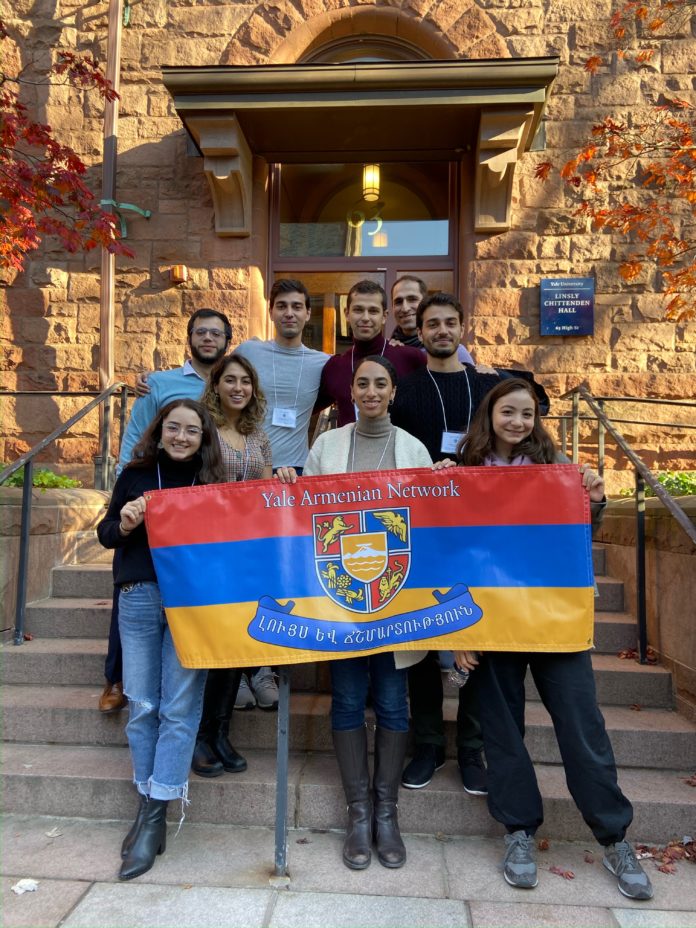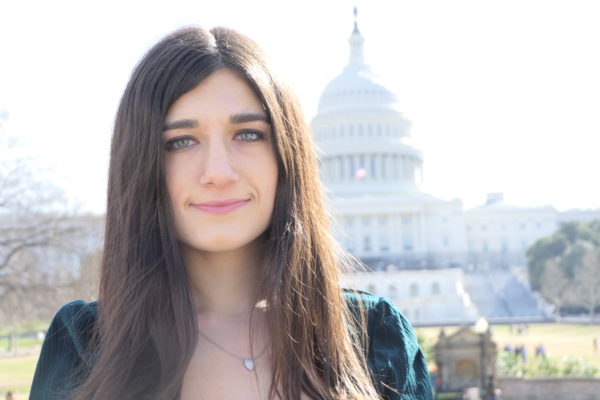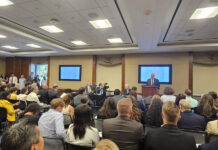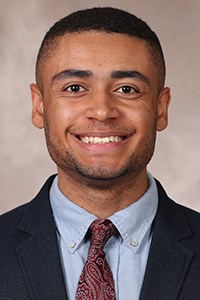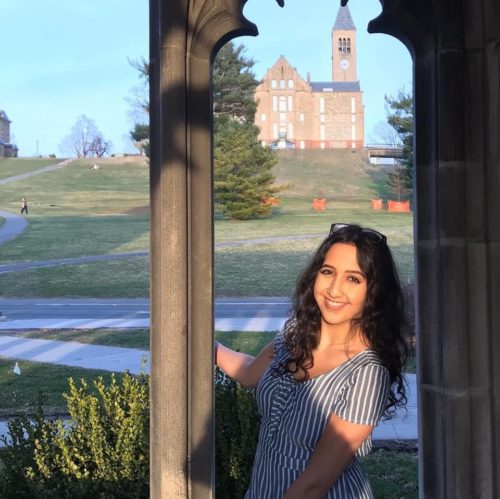BOSTON — Members of the Armenian diaspora often face questions about how they will engage with their heritage, if at all. Research has shown that a specific generation (first, second, third etc.) has a huge impact on the attitudes of diasporan Armenians and how, it at all, they engage with their heritage (ADS Pilot Project, 2018). When it comes to young adults, specifically university students, many find balancing time with Armenian and non-Armenian priorities challenging. As a recent graduate and leader of several Armenian university organizations myself, I would also add that engagement in Armenian affairs as a student is heavily influenced by the “value” of and personal gain from those experiences, and unfortunately is overlooked by many Armenian-Americans in college.
However, there are numerous examples of students dedicating their skillset and university platform to benefit Armenia — and significantly developing their own academic, professional, and interpersonal skills. Below, I will present the stories of several Armenian-Americans alumni of America’s top universities, who despite having among the most lucrative and exclusive opportunities in the world, chose to engage with the Armenian community in some form as students.
Arthur and Artin Kasumyan – Yale University
Artin and Arthur Kasumyan are recent graduates of Yale University’s Class of 2020, both with bachelor’s and master’s degrees in computer science. The Kasumyans are twin brothers from Los Angeles, first generation Armenian Americans, and among the cofounders of the Yale Armenian Network (YAN).
Artin recalls his experience at New Haven, Conn., being his first time in an environment without Armenians and he stated that he “[d]efinitely felt that void, and without question wanted to be involved with the Armenian community.” Thus, it was through YAN that the brothers began to engage and unite with the other students of Armenian heritage at Yale University.
During their four years there, they organized many events, including a panel discussion on Artsakh with Armenian and American diplomats and twice hosting the Armenian Relief Society (ARS) Norian Youth Connect program on campus, a weekend-long Armenian students’ educational, social and networking event. Outside of Yale, the Kasumyan brothers taught computer science workshops at TUMO during their 2019-2020 winter break and were even featured on Armenian television. They were also able to convince other (non-Armenian) Yale students to join them, and each taught more than 20 students per workshop.



